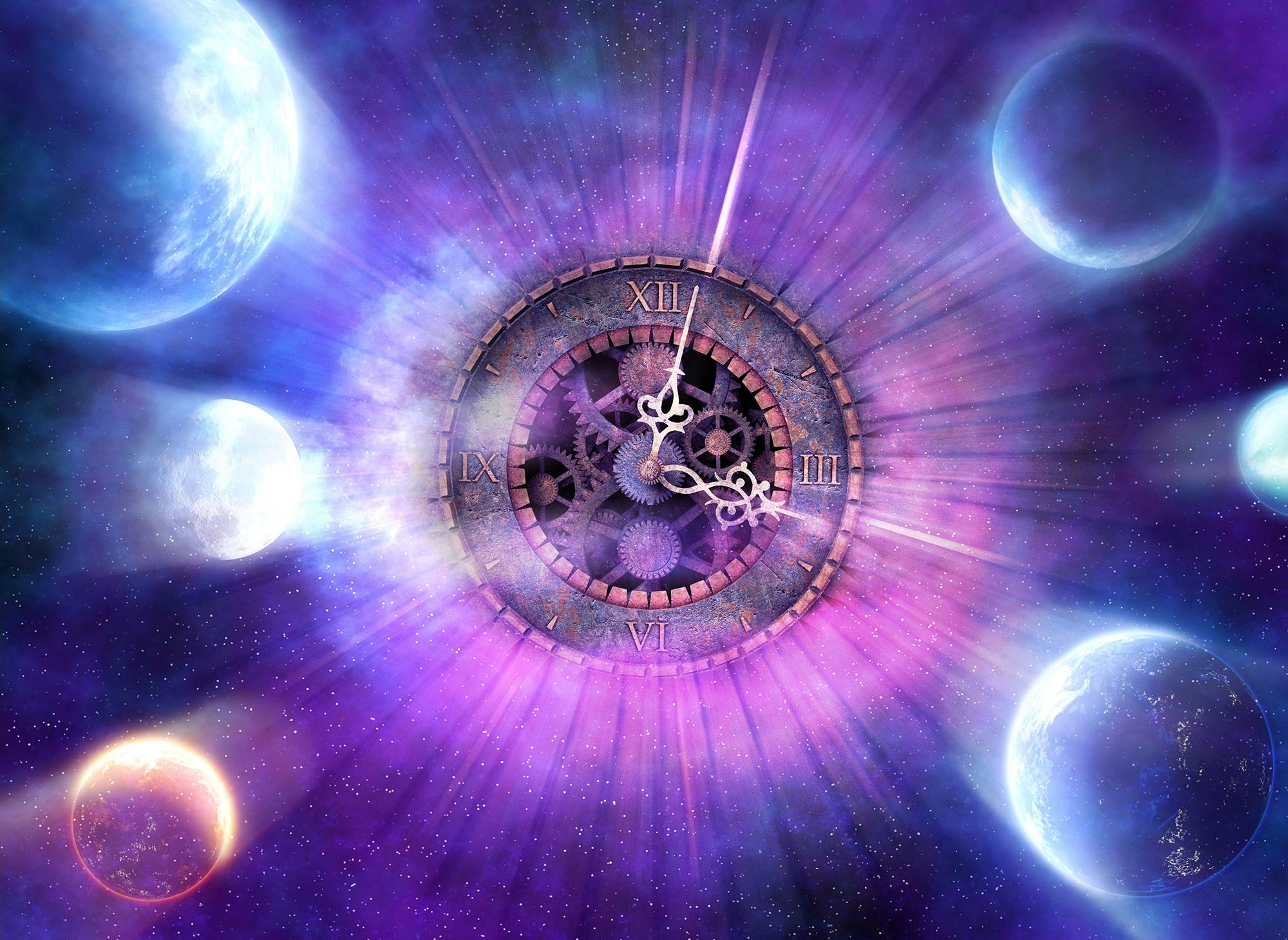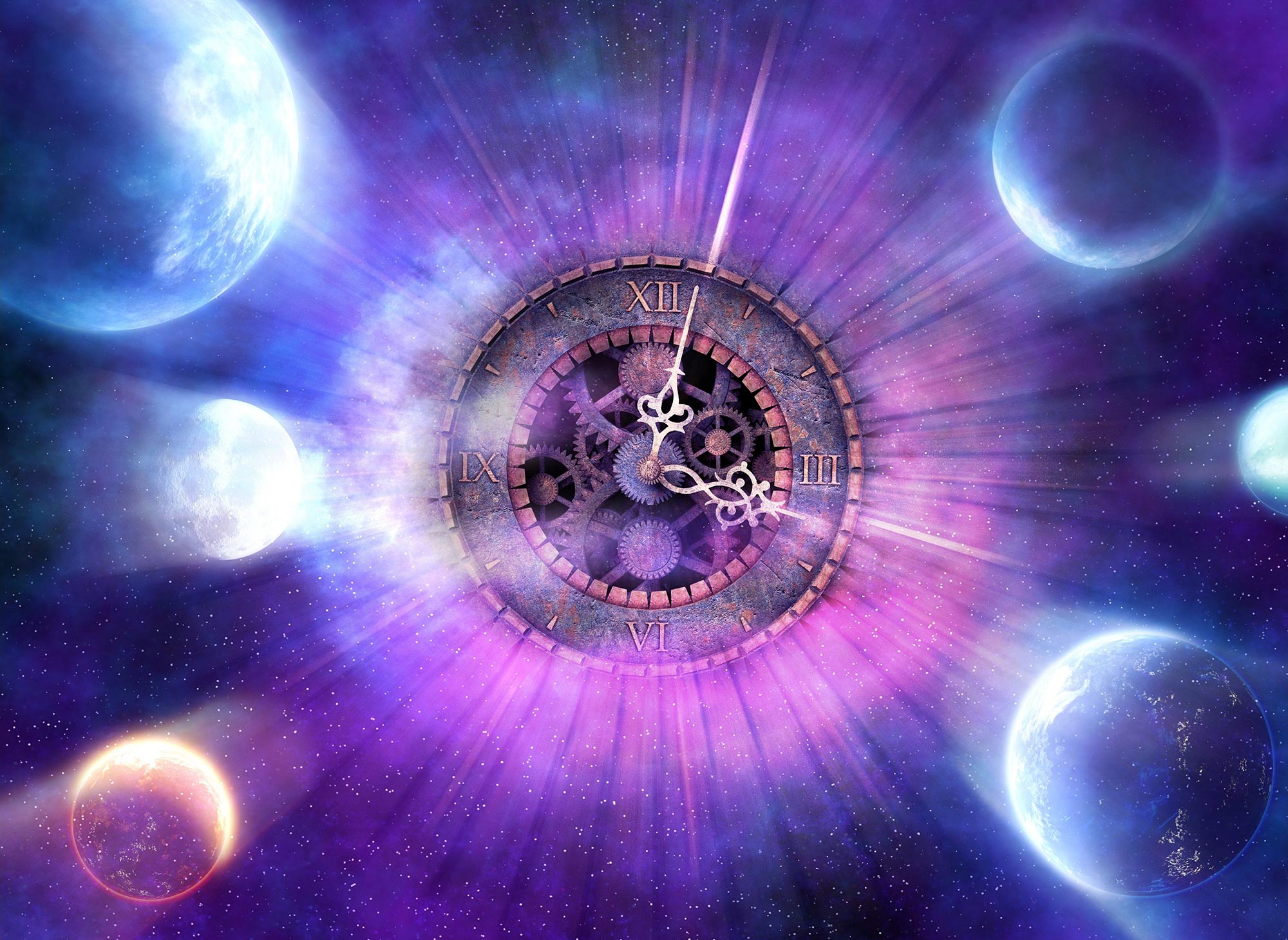
Làm sao chúng ta biết rằng thời gian tồn tại?
Toàn bộ cuộc sống của chúng ta được điều chỉnh bởi đồng hồ, nhưng những gì chúng đo lường thì ít chắc chắn hơn. Làm thế nào chúng ta có thể chắc chắn rằng thời gian thực sự ở đó? Đã đến lúc nói chuyện với chuyên gia Kazuya Koyama.
Báo thức vang lên vào buổi sáng. Bạn đi chuyến tàu buổi sáng của bạn đến văn phòng. Nghỉ trưa. Bạn bắt chuyến tàu buổi tối của bạn trở lại. Bạn đi trong một giờ. ăn tối. đi ngủ. lặp lại. Sinh nhật được tổ chức, ngày kỷ niệm được ghi lại, và những cái chết được tưởng niệm. Các quốc gia mới ra đời, các đế chế trỗi dậy.
Tất cả sự tồn tại của con người đều gắn liền với thời gian trôi qua. Tuy nhiên, chúng ta không thể nhìn thấy nó cũng như không thể chạm vào nó. Vì vậy, làm thế nào để chúng ta biết nó thực sự tồn tại?
Koyama bắt đầu, “Trong vật lý, chúng ta có cái mà chúng ta gọi là ý tưởng về ‘thời gian tuyệt đối’ và nó được sử dụng để mô tả những thay đổi khác nhau như một chuỗi các sự kiện.” “Chúng tôi sử dụng vật lý Newton để mô tả cách mọi thứ chuyển động, và thời gian là một thành phần thiết yếu của điều đó.” Koyama là Giáo sư Vũ trụ học tại Viện Vũ trụ học và Lực hấp dẫn ở[{” attribute=””>University of Portsmouth.
To this day, classic Newtonian thought on time – where time is constant throughout the universe – is still a good approximation of how humans experience time in their daily lives. We all experience time in the same way and we all synchronize our clocks in the same way, no matter where we are in the world, whether that be London, Tokyo, New York, or Buenos Aires.
There’s no time without space
Physicists though have discovered that time can actually behave differently and is not as consistent as Newton thought.
“When we speak of time, we need to think of space as well – they come in a package together,” Koyama says. “We cannot disconnect the two, and the way that an object moves through space determines how it experiences time.”
In short, the time you experience depends on your velocity through space as the observer. This works as outlined through Einstein’s special relativity, a theory of how speed impacts mass, time, and space. Additionally, according to Einstein’s general theory of relativity, the gravity of a massive object can impact how quickly time passes. Many experiments have been undertaken that have since proven this to be true.
Physicists have even found that black holes warp the immediate space-time around them due to their immense gravitational fields. Supported by the European Research Council, Koyama continues to investigate this theory.
“A good, solid example to get your head around all of this is to look at how we use GPS,” Koyama continues. “GPS works due to a network of satellites orbiting the Earth. They’re placed at a very high altitude and thus the gravity they experience is weaker. Therefore, time should actually go faster for them than it does for us on the ground, where we experience higher gravity. But because the satellites are traveling at very high speeds around the planet, this in effect helps to slow time down, compensating for the lack of gravity.”
Understanding how these two effects work and influence each other is essential for ensuring that the global GPS network functions correctly. And a crucial ingredient in this is a consistent theory of time that explains how objects move. So clocks aren’t telling us falsehoods: time indeed exists outside of our own perception.
Could we ever go backward in time?
Finally, the question of whether time travel could one day be possible had to be put before Koyama. As a professor of cosmology at the University of Portsmouth, he is best placed to tell us the truth.
“I’m sorry to disappoint you but for time travel to be possible, we would need to discover a completely new type of matter that has the power to change the curvature of time and space,” Koyama says. “Such matter would require properties that simply do not exist in nature. We physicists strongly believe that going back to the past is simply impossible – but it’s nice to fantasize about it.”
Click here to find out more about Koyama’s research: Challenging the general theory of relativity
“Nhà phân tích. Con mọt sách thịt xông khói đáng yêu. Doanh nhân. Nhà văn tận tâm. Ninja rượu từng đoạt giải thưởng. Một độc giả quyến rũ một cách tinh tế.”
